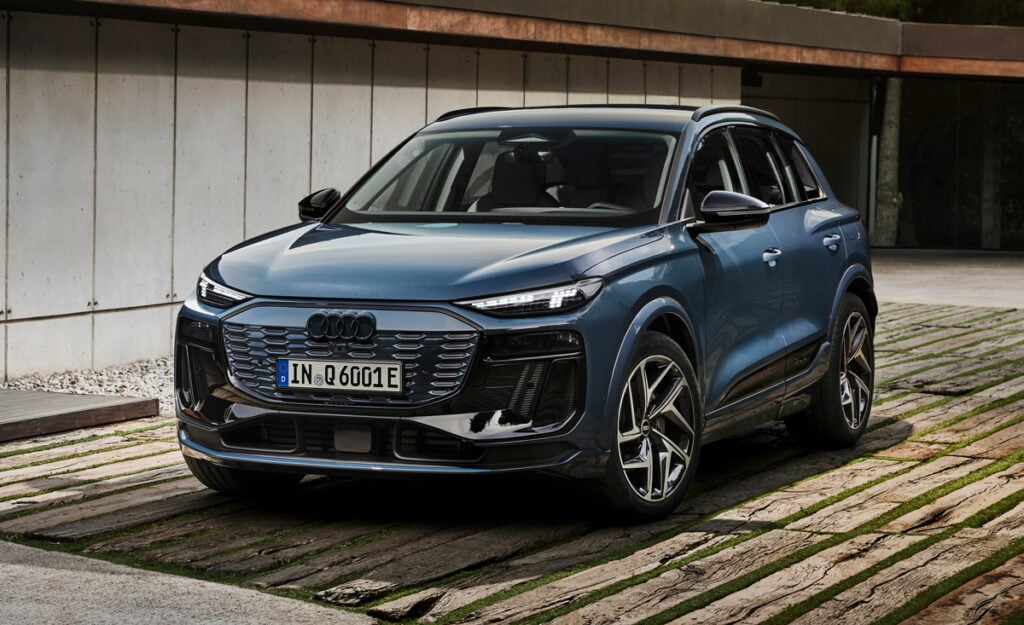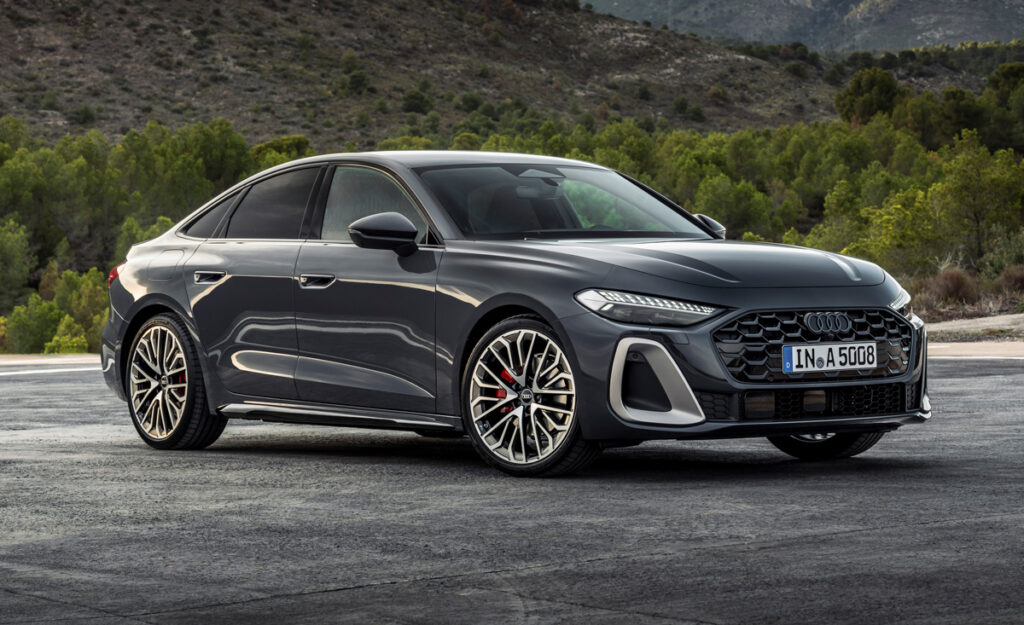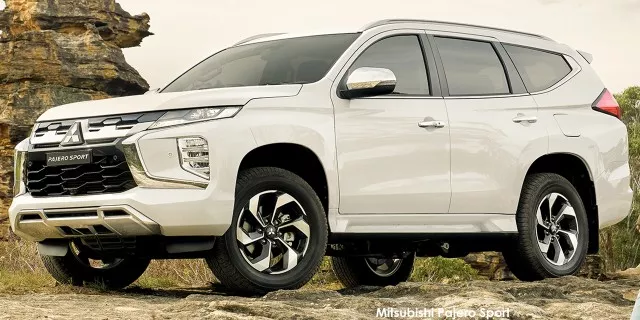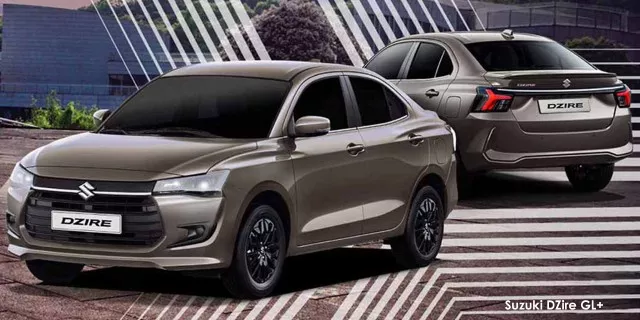
Audi is reportedly closing at least four dealers in South Africa, according to the Motor Industry Staff Association (MISA).
Audi recently made waves when it announced that it would be “adapting” its dealer network to current market challenges and consumer trends, à la BMW and Volvo.
The German marque said that high inflation, rising interest rates, and exchange rate weakness post Covid-19 has wreaked havoc on the premium car segment in South Africa.
“These factors have intensified both affordability pressures on the consumer side, and pricing pressures on the manufacturer side,” said Audi.
“This has prompted buyers to explore alternative options from new brand entrants primarily targeting the price-sensitive volume segment with well-equipped vehicles.”
Audi also threw a jab at these unnamed badges, noting that customers have migrated to them “despite these brands often having a limited track record potentially affecting residual values and consumer experience.”
Regardless, the premium vehicle sector has contracted to nearly a third of its size compared to a decade ago as a result of these headwinds, with 2024 marking the lowest level yet.
“The entry of new brands has led to substantial and heightened competition in the retail space,” said Audi.
Compounding the issues is the absence of government support for new-energy technologies such as battery-electric vehicles (BEVs).
“The need exists for a comprehensive automotive strategy, as well as decisive action and support from government, to ease the burden on all automotive players invested in the country,” said Audi.
“While the automotive sector is a critical contributor to the South African economy, the industry continues to face hurdles such as slow and inconsistent policy implementation and insufficient infrastructure investment.”
The tax deduction on investment in BEVs and hydrogen vehicles – announced by President Cyril Ramaphosa towards the tail end of 2024 – may be too little, too late.
The incentive will enable a 150% tax deduction on spending on electric- and hydrogen-powered vehicle production in South Africa, and will come into effect on 1 March 2026.
Many developing and developed nations have long since implemented equal or more attractive incentives of this nature which undoubtedly spurred BEV adoption in these markets.
Meanwhile, South Africa lags far behind its global peers in BEV uptake partly owing to a lack of government support, which has hurt brands such as Audi which invested heavily into the segment.

In response to this market evolution, Audi announced that it has proactively started implementing an “optimised footprint strategy in South Africa.”
“The initiative is collaboratively agreed, supported and implemented together with the brand’s investors and retail partners,” the company said.
“Scaled retail concepts and increased digital integration will support dealer partners in managing costs while maintaining high service standards for consumers.”
Audi didn’t explicitly mention closures in those exact words.
However, when asked directly whether its statement was a nuanced way of saying it would shutter outlets, it said that it had “no further comment” on the matter.
While Audi has refused to comment on the restructuring, MISA has been more vocal about it.
The association told Engineering News that it is aware of at least four Audi branches that will be closing their doors over the coming months.
These are located in Durban, eMalahleni, Joburg’s East Rand, and Pietermaritzburg, respectively, said MISA.
What’s next for Audi

Looking ahead, Audi said it remains dedicated to keeping customers informed and engaged on restructuring matters that could affect them.
“In cases where adjustments have been or will be made to specific areas within the retail network, customers will be advised proactively and provided suitable alternatives,” said the automaker.
On a global perspective, the automaker revealed that it is peeling back some of its more aggressive BEV targets and that it will reprioritise focus on internal combusion and hybrid vehicles.
This comes amidst a broader downturn in the electric-car sector, which has seen many manufacturers re-evaluate the immediate potential of the technology.
“We will manage the production of our last combustion engine vehicles depending on the various developments in the world markets,” Audi HQ in Germany announced in March.
It added that 2025 “will be a very challenging year for us, but we are renewing our product portfolio, and these new offers are now successively reaching the markets”.
Local fans of the Four Rings can expect the arrival of the new A5 sedan and Q5 SUV before the end of the year, with the all-electric Q6 e-tron also potentially in the pipeline.








